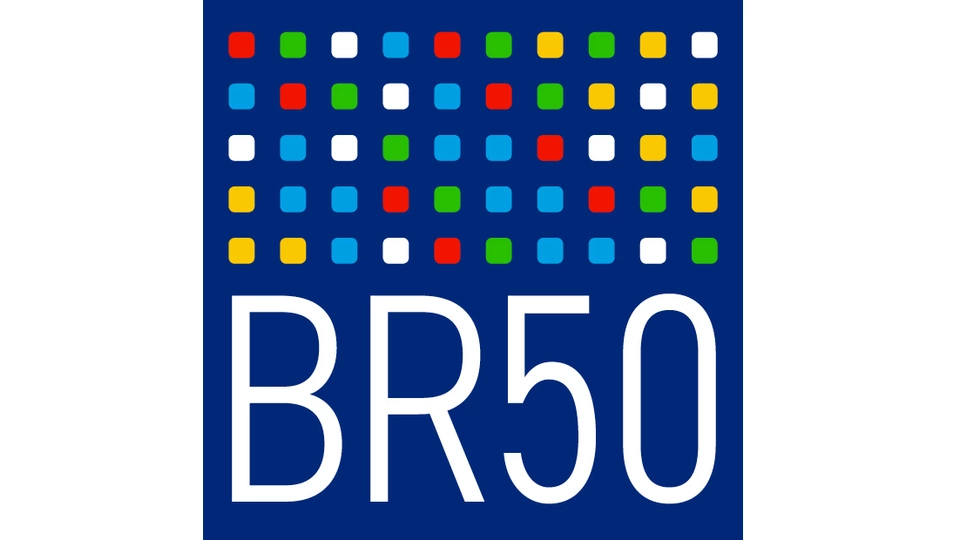Berlin's non-university research institutions are joining forces - together for the science metropolis
/ Announcements
Strengthening Berlin as an international science metropolis is the aim of a joint initiative by the capital's non-university research institutions. They have joined forces to form BR 50 (Berlin Research 50) in order to jointly develop strategies for research and exchange with politics and society in the future. This facilitates and strengthens cooperation with the Berlin universities.
The new association, to which almost all non-university institutes and centers in the Berlin area belong, is intended to facilitate coordination between non-university research institutions and offer a central contact point for cooperation with Berlin universities and exchange with society and politics. Similar to the Berlin University Alliance (BUA), the association of Freie Universität Berlin, Humboldt Universität zu Berlin, Technische Universität Berlin and Charité - Universitätsmedizin Berlin, BR 50 is also intended to provide a dialogue platform for the institutes involved.
The association represents research areas from all scientific fields. At the founding meeting on February 18th in the Max Liebermann House at the Brandenburg Gate, founding coordinators for four sections were elected: Prof. Dr. Thomas Sommer for Section 1 (Life Sciences), Prof. Dr. hc Jutta Allmendinger Ph.D. for Section 2 (Social Sciences and Humanities), Prof. Dr. Ulrich Panne for section 3 (natural sciences) and Prof. Dr. Michael Hintermüller for Section 4 (technology and engineering).
"The non-university institutions with their excellent research are already making an indispensable contribution to Berlin's profile as a leading international science location," said Thomas Sommer, founding coordinator of the Section for Life Sciences and Scientific Director (acting) of the Max Delbrück Center for Molecular Medicine in of the Helmholtz Association (MDC). “With BR 50 we are now pooling our strengths to make the Berlin research area flourish.”
Ulrich Panne, founding coordinator of the Section for Natural Sciences and President of the Federal Institute for Materials Research and Testing (BAM), adds: “The exchange between science, society and politics is becoming increasingly important and BR 50 will build many important bridges between the research institutions in Berlin. ”
Cooperation with the Berlin universities will also be strengthened by BR 50, expects Jutta Allmendinger, founding coordinator of the Section for Social Sciences and Humanities and President of the Berlin Social Science Center (WZB): "The large number and variety of non-university research institutions is a clear strength of Berlin . With our new network, we offer a central dialogue partner for the Berlin universities in order to initiate future-oriented research projects together with them.”
According to Michael Hintermüller, founding coordinator of the Section for Technology and Engineering Sciences, director of the Weierstrass Institute for Applied Analysis and Stochastics and spokesman of the board of directors of the research association in Berlin, one of the reasons for founding BR 50 was the great challenges facing humanity: “With the new association, the research institutions can Berlins make better use of their synergies to jointly develop solutions to the problems that lie ahead.”
At the founding meeting, 41 of the non-university research institutions in Berlin initially came together, including institutes from the major scientific organizations Leibniz Association, Max Planck Society, Helmholtz Association and Fraunhofer Society as well as the federal departmental research institutes and the Prussian Cultural Heritage Foundation.
